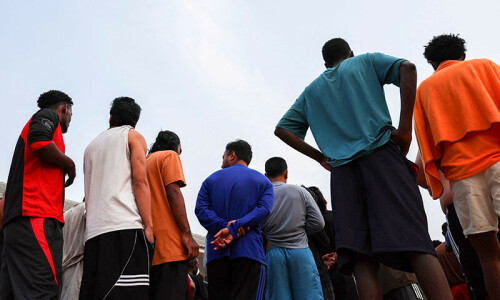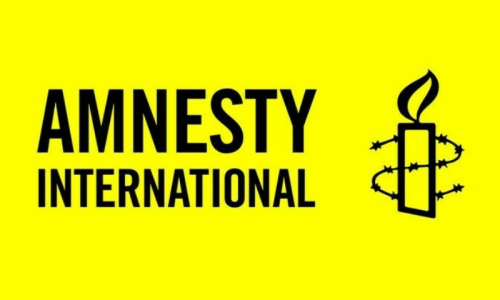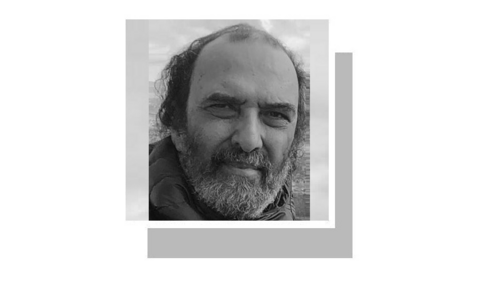
IN recent years, a growing number of individuals have been seen on the streets with a microphone and a mobile phone in hand, proclaiming themselves to be ‘journalists’. These self-styled ‘reporters’ lack formal education in journalism, are not affiliated with any registered media outlets, and operate without the oversight of regulatory authorities. Social media platforms have become their primary channels for disseminating content.
The trend raises significant concerns regarding the quality of journalism and the protection of personal privacy. The absence of a formal education in journalism means that many of these individuals lack the essential skills as well as ethical grounding necessary for responsible reporting. In contrast, traditional journalists undergo rigorous training to understand the principles of accuracy, fairness and objectivity. They are taught to respect the privacy and dignity of the individuals they cover. Contrary to this, many amateur reporters are unaware of these standards, often prioritising sensationalism over factual reporting.
Professional journalism operates under the guidance of regulatory authorities that enforce standards and hold journalists accountable for their work. This system helps to ensure that the information disseminated to the public is reliable and that journalists act ethically. The absence of such oversight for amateur reporters means there is no mechanism to address misinformation or unethical behaviour.
Established media organisations have editorial processes that vet content for accuracy and bias. They also provide a level of accountability, as they are answerable to the regulatory authorities as well as to the public. In contrast, many ‘citizen journalists’ operate independently and spread false information that can,
and does, damage public trust in the media.
One of the most troubling aspects of this trend is the violation of individuals’ privacy. Many amateur journalists record and publish videos of people in public spaces without their consent. This practice not only breaches privacy, but can also lead to harassment and other negative consequences for the individuals involved.
Given these concerns, it is imperative for Pakistani authorities to impose stringent regulations on amateur journalism. Moreover, there should be clear guidelines that define who can call themselves a journalist and what qualifi- cations they must possess. Additionally, there should be a strong regulatory framework to monitor and evaluate the work of citizen journalists, ensuring they adhere to ethical standards and respect privacy rights.
Without such measures in place, the line between responsible journalism and reckless reporting will continue to blur, undermining public trust, and potentially causing harm to innocent individuals.
Qazi Fahad Ahmed
Jamshoro
Published in Dawn, June 3rd, 2024









































